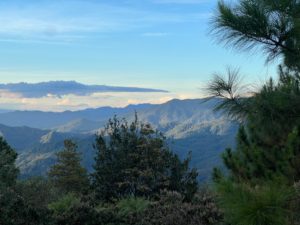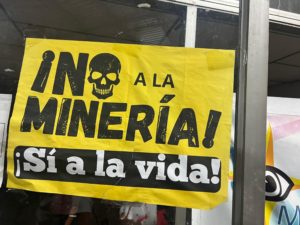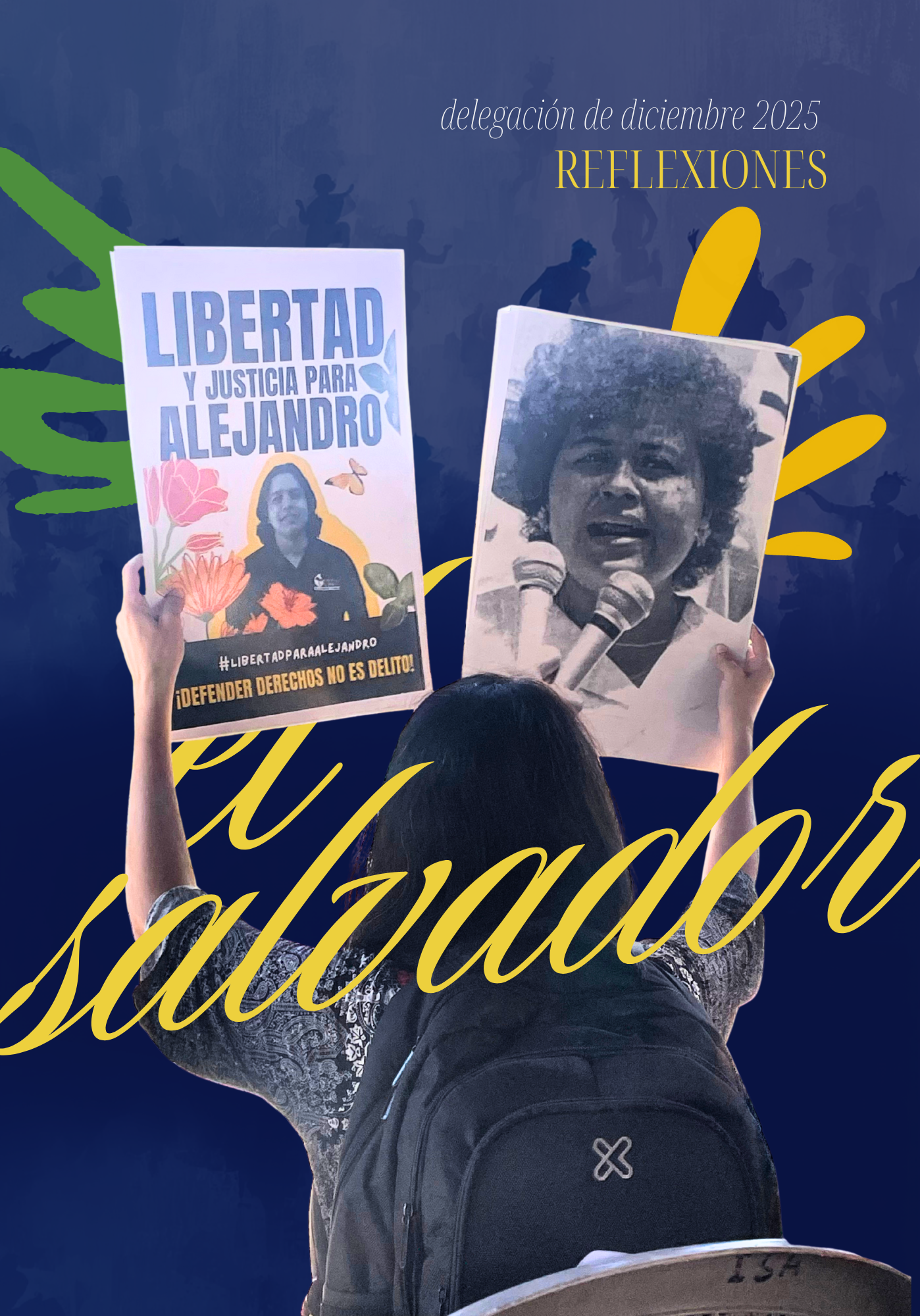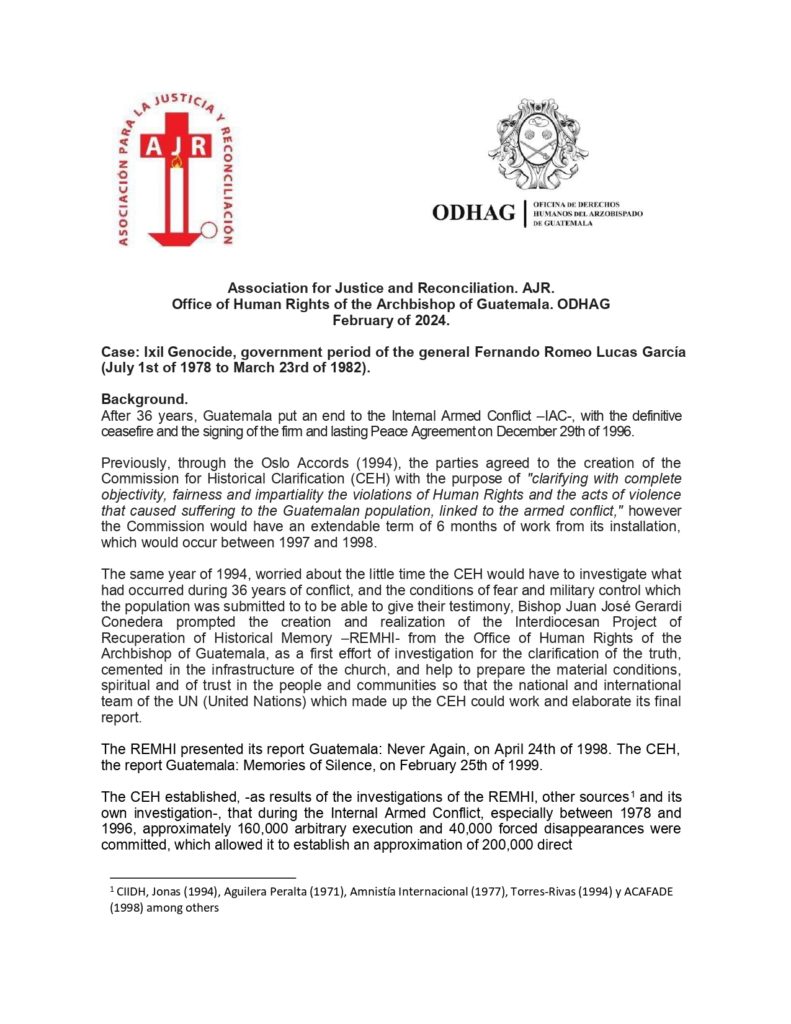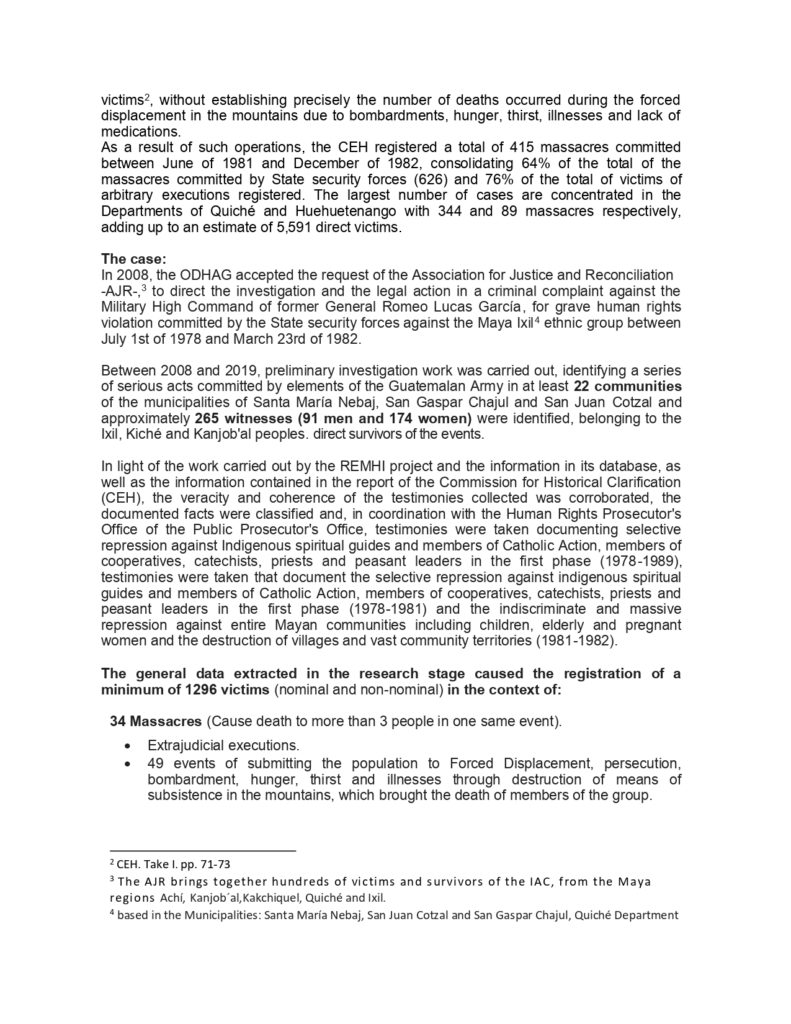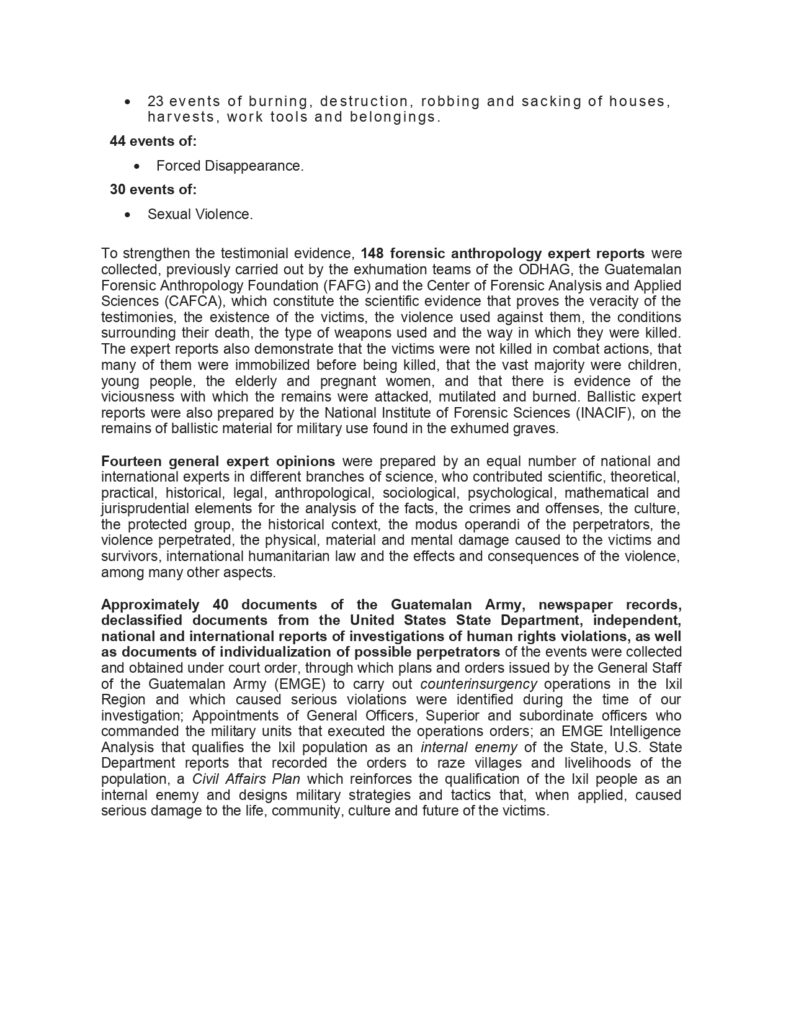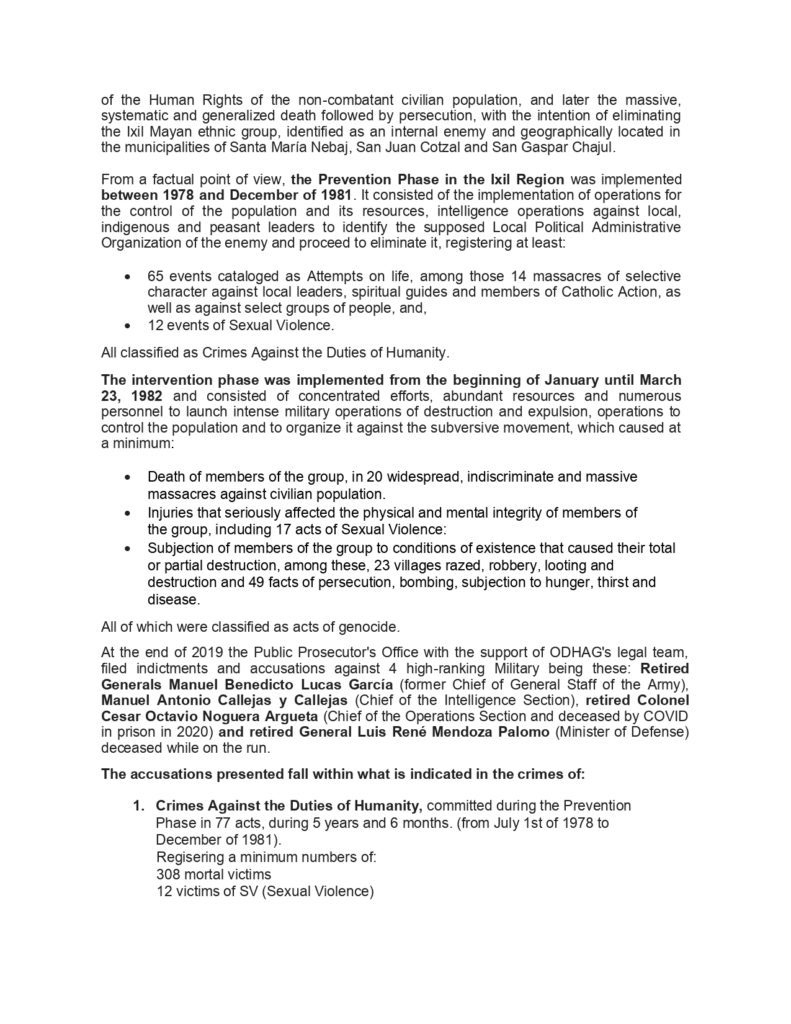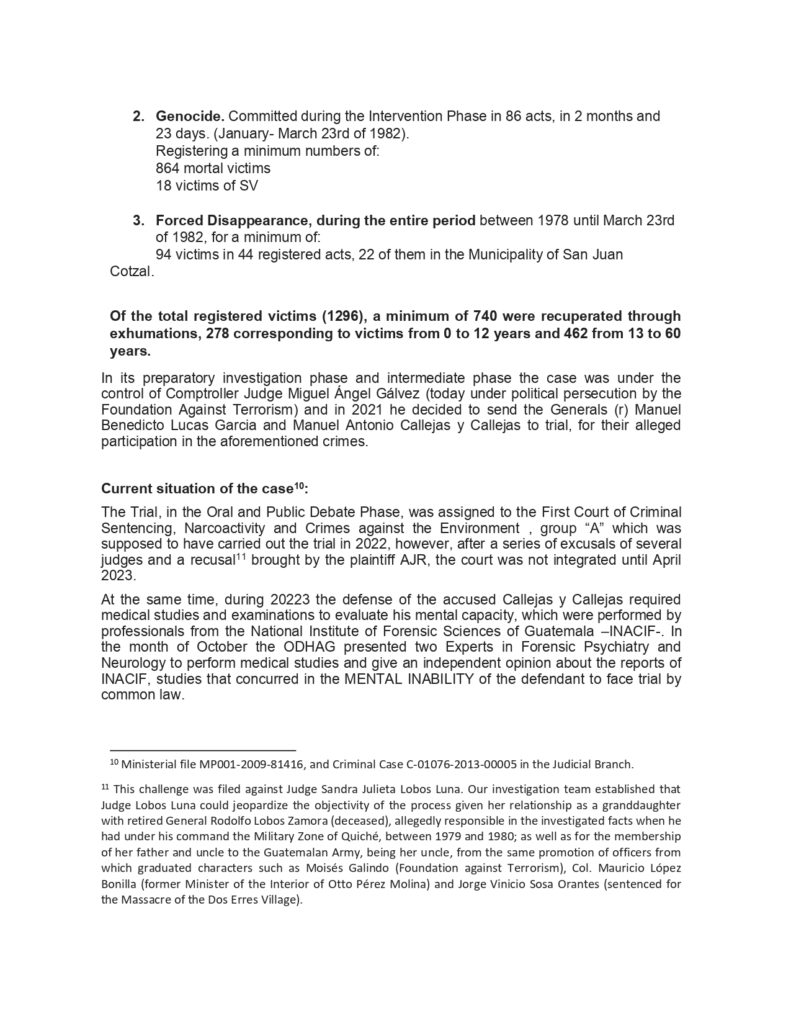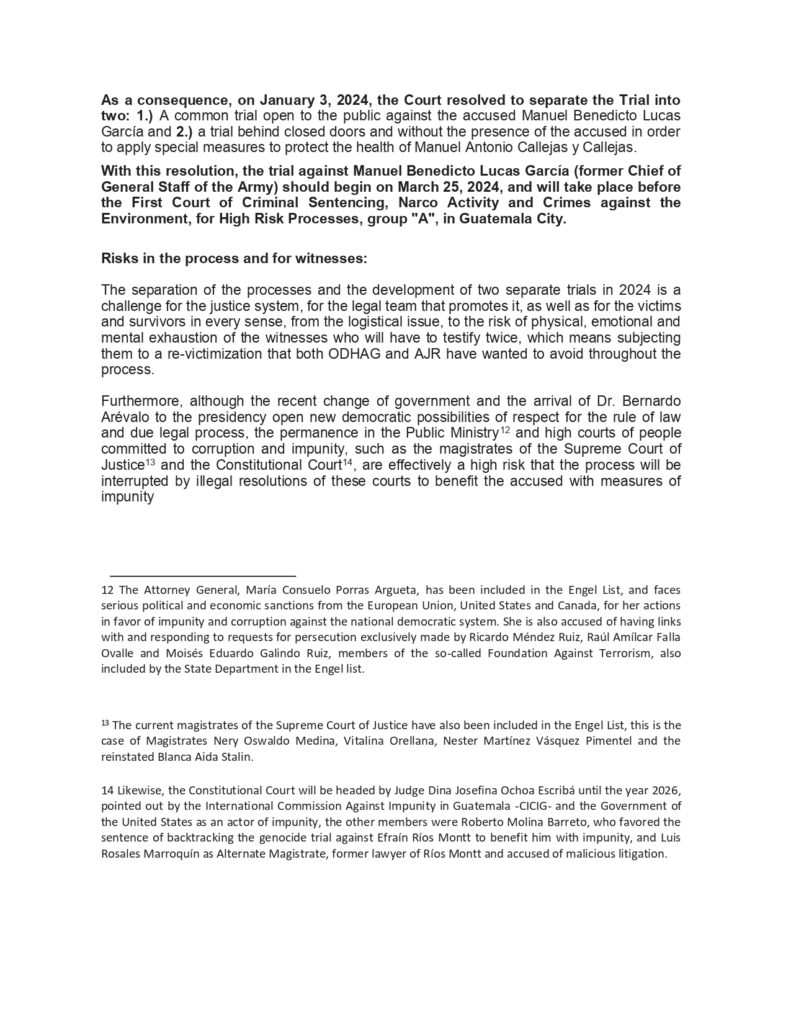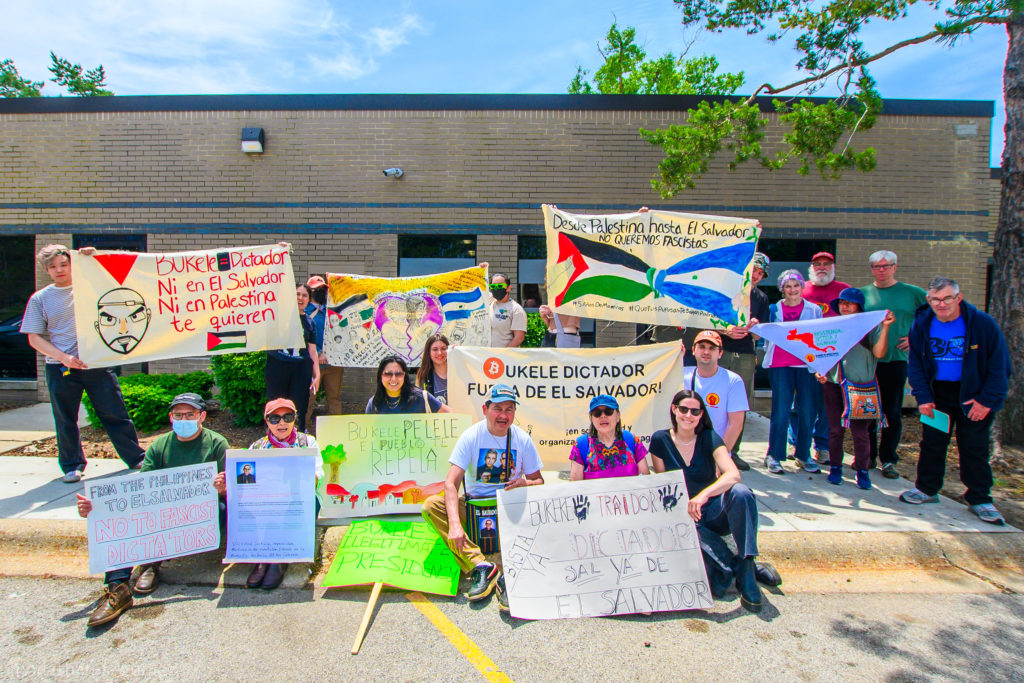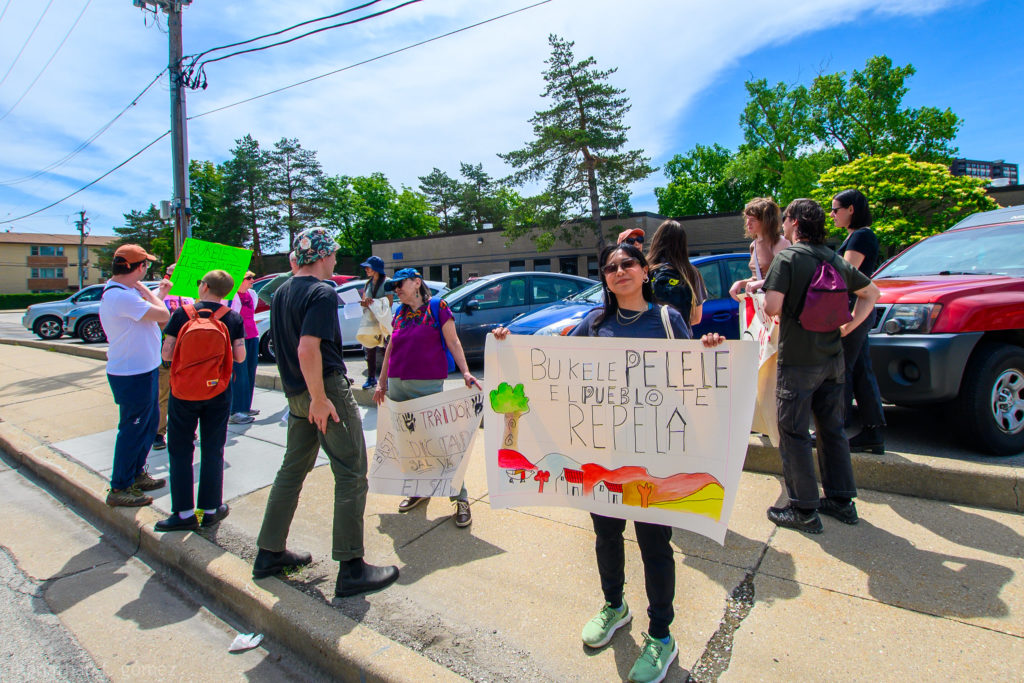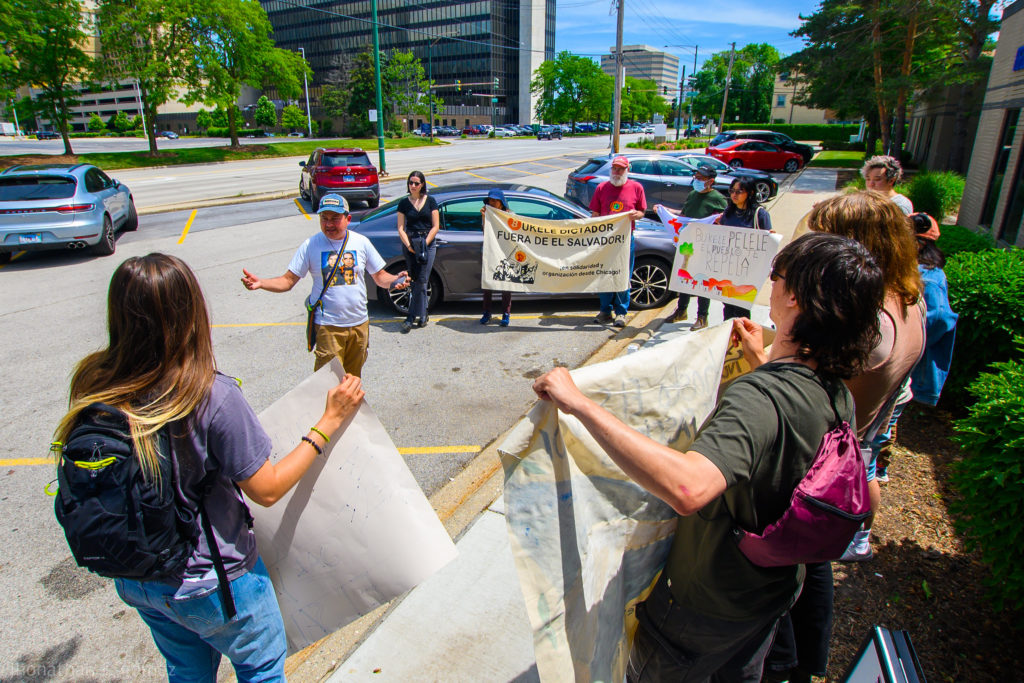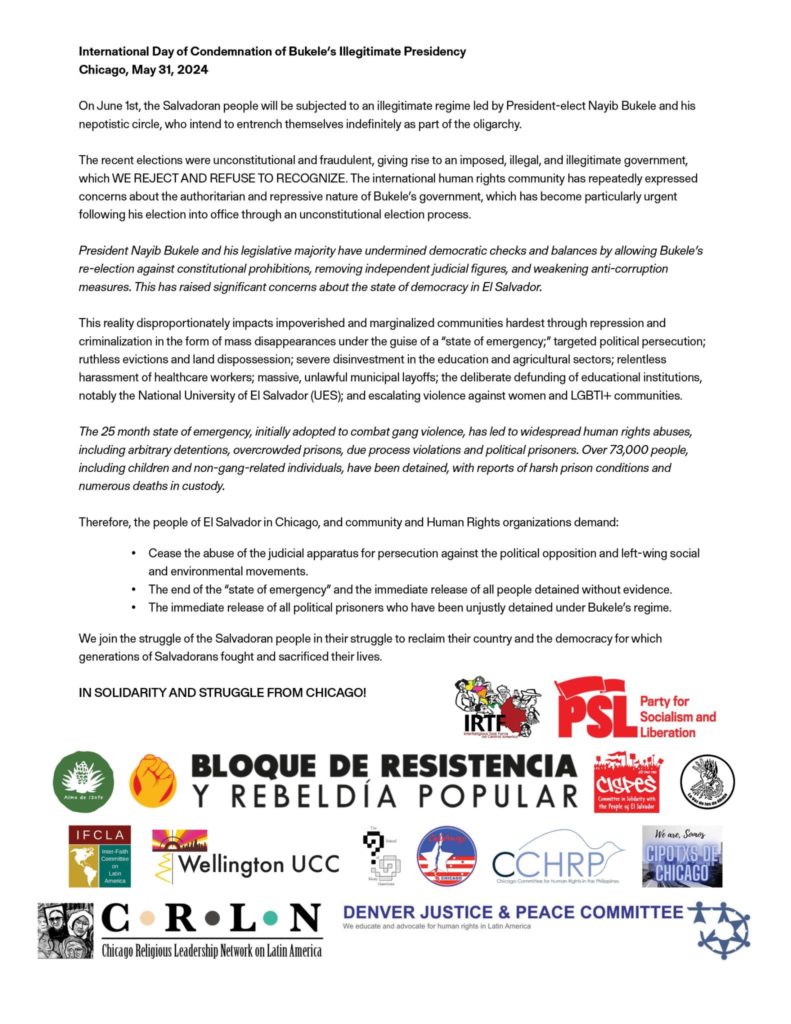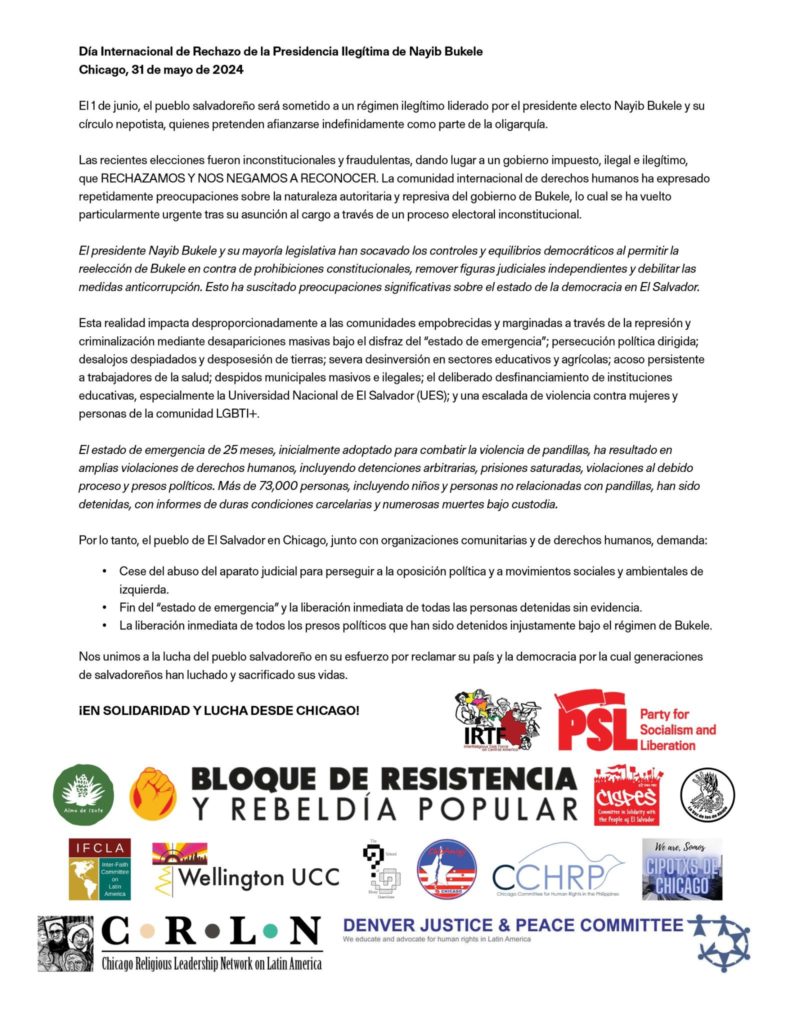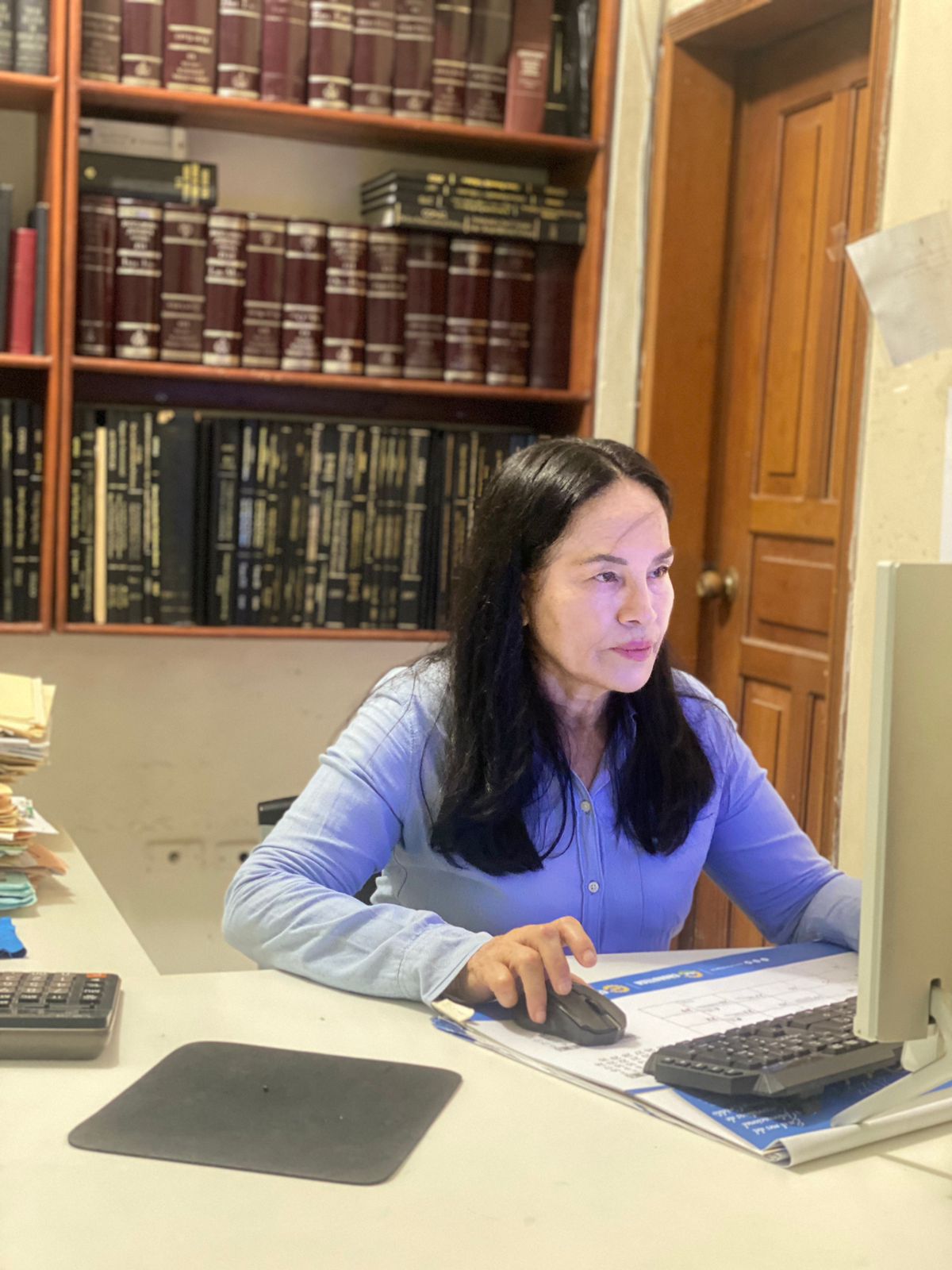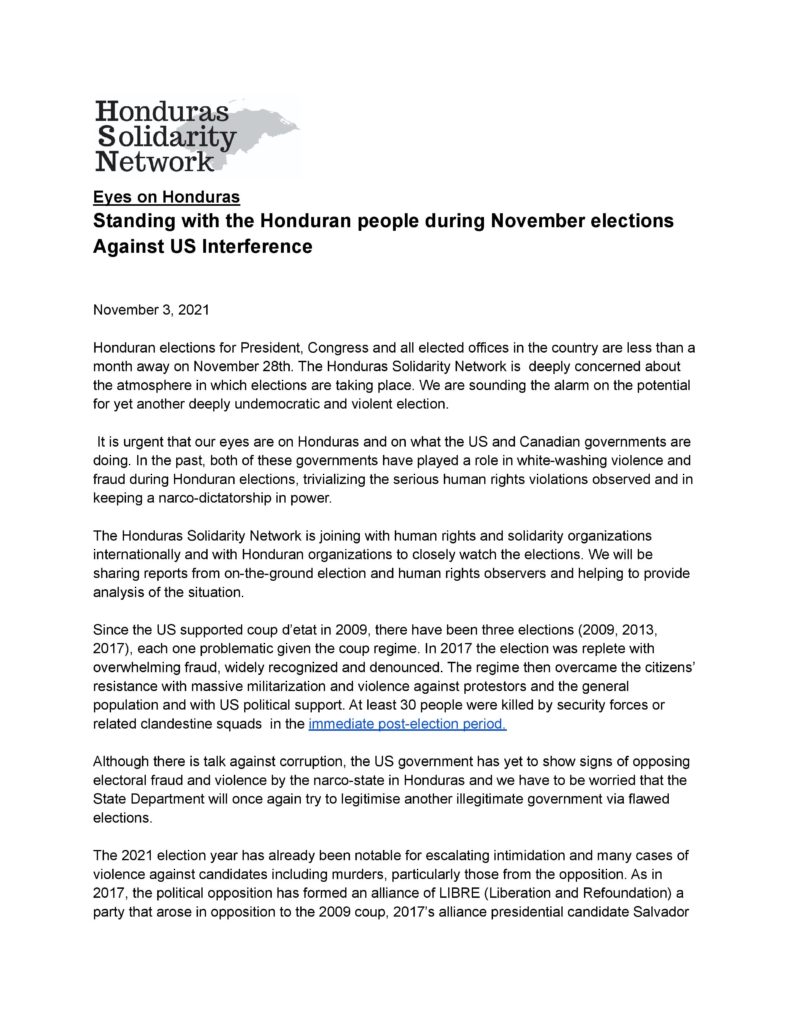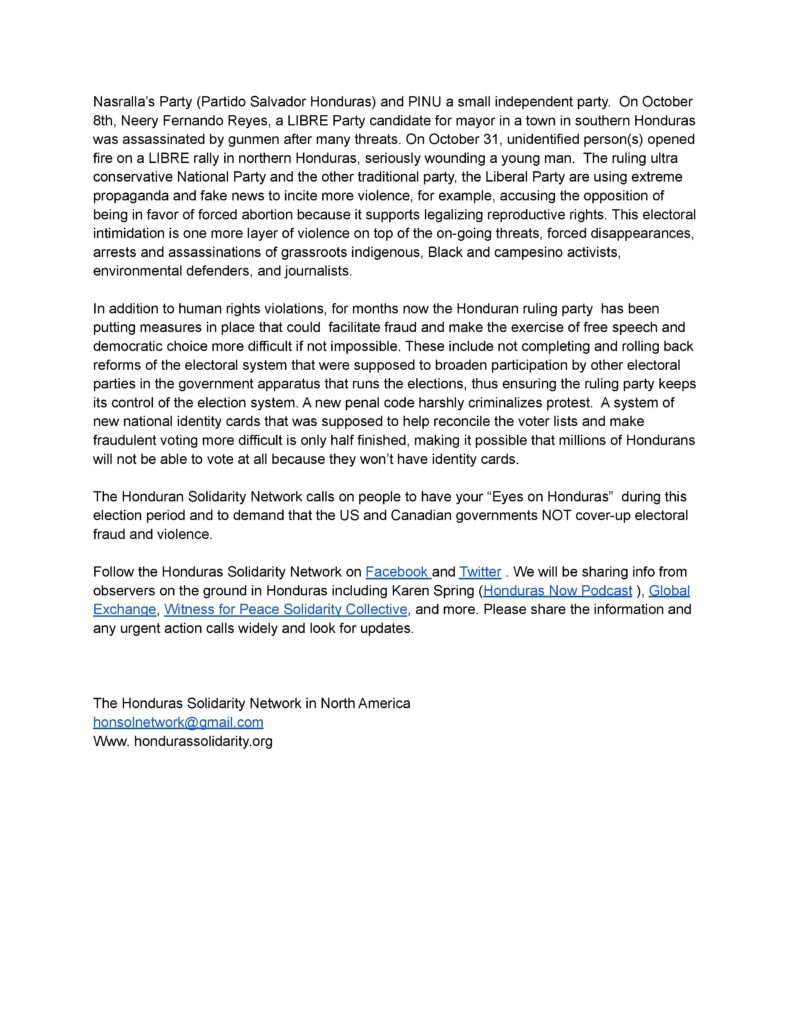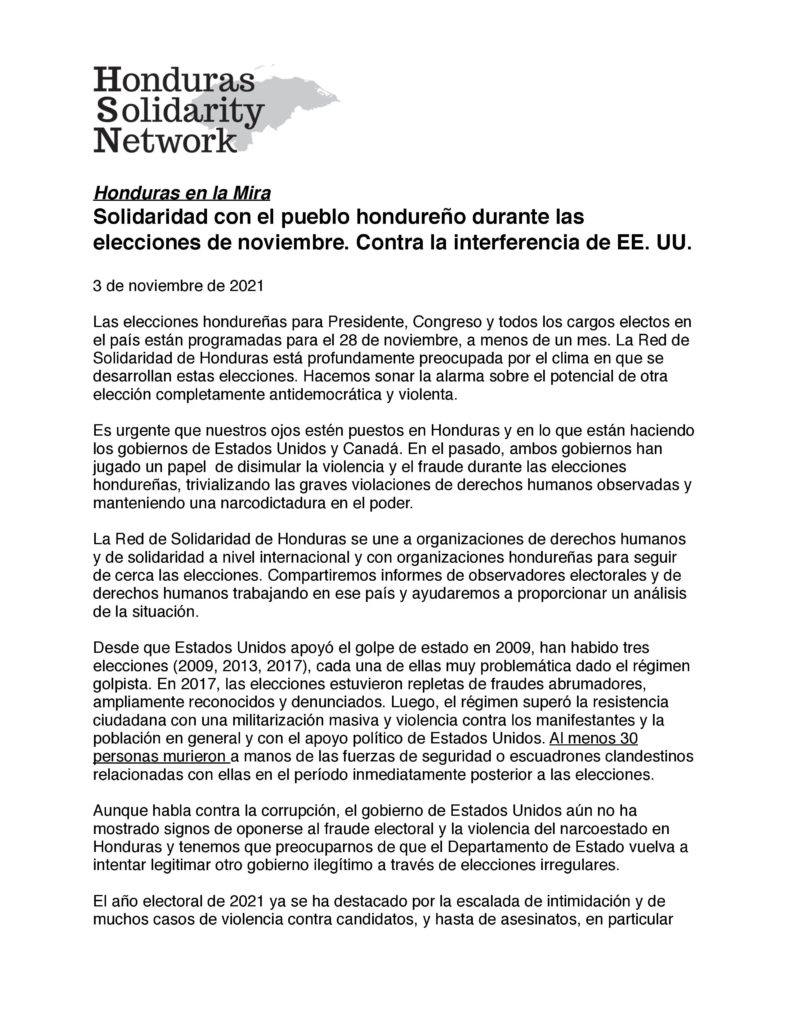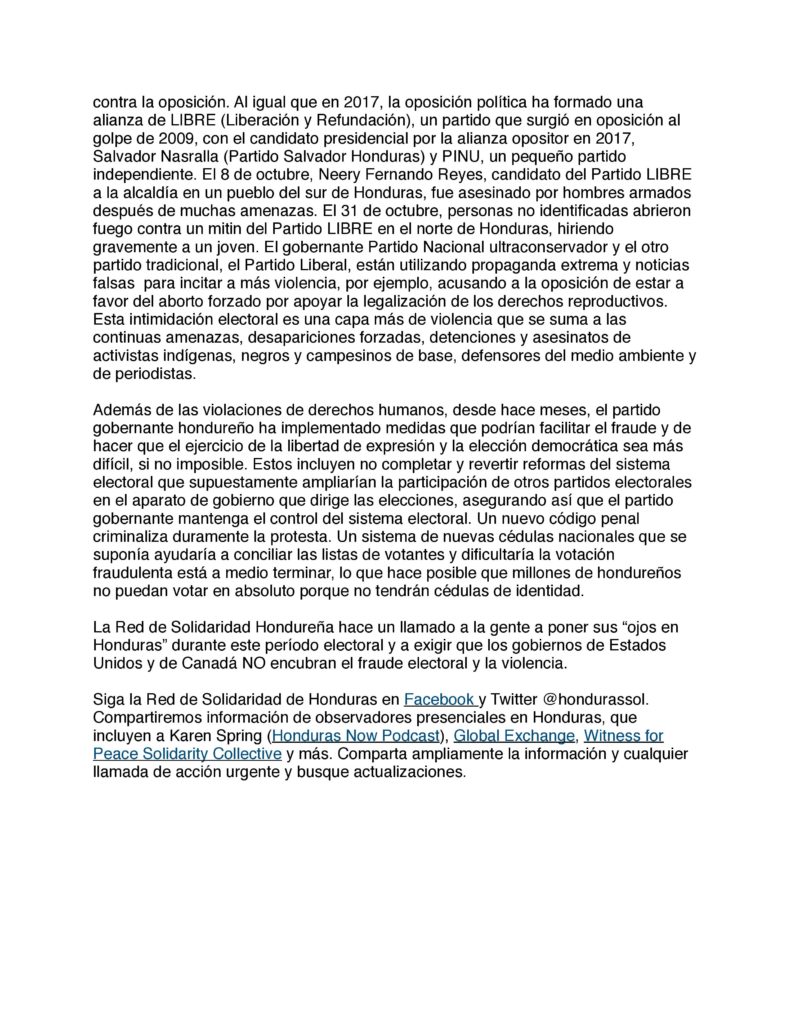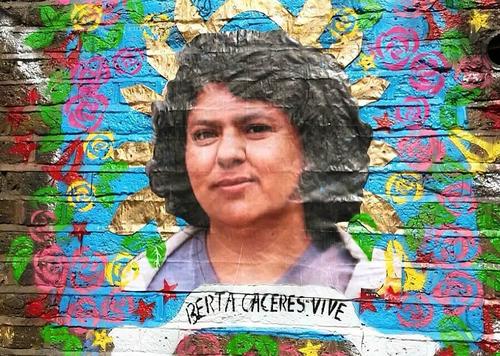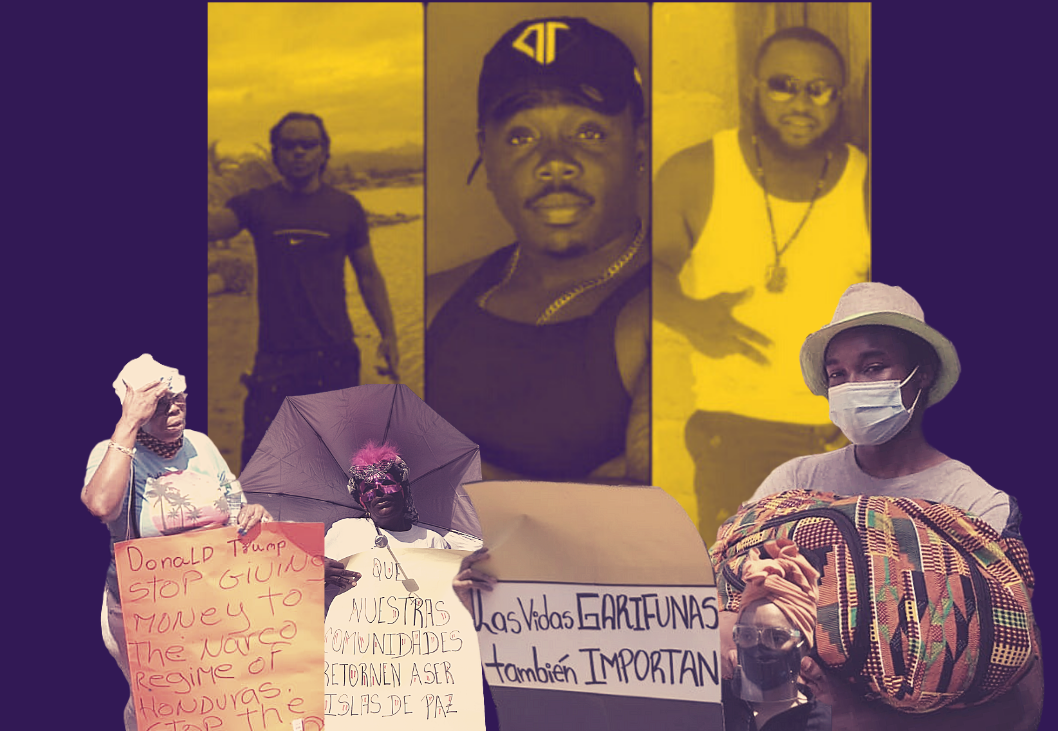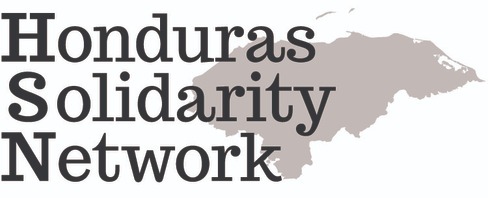Durante una semana, delegades acompañaron a comunidades, organizaciones sociales y defensoras de derechos humanos en El Salvador, aprendiendo sobre el contexto nacional, la memoria histórica y las luchas actuales por la justicia y la dignidad.
La delegación participó en análisis del contexto nacional, visitó comunidades y organizaciones como PRO-VIDA, CRIPDES y Tutela Legal, y recorrió espacios históricos como la Catedral Metropolitana, la Cripta de Monseñor Romero y el Parque Cuscatlán.
Uno de los momentos más significativos fue el acompañamiento a la conmemoración de la Masacre de El Mozote en Morazán, junto a sobrevivientes, organizaciones de derechos humanos y comunidades comprometidas con la memoria, la verdad y la justicia.
Lea las reflexiones de los delegades aquí
For one week, delegates accompanied communities, grassroots organizations, and human rights defenders in El Salvador, learning about the national context, historical memory, and ongoing struggles for justice and dignity.
The delegation took part in political and social analysis, visited organizations such as PRO-VIDA, CRIPDES, and Tutela Legal, and walked through key historical sites including the Metropolitan Cathedral, Monsignor Romero’s Crypt, and Cuscatlán Park.
One of the most powerful moments was accompanying the commemoration of the El Mozote Massacre in Morazán, alongside survivors, human rights organizations, and communities committed to memory, truth, and justice.
Read the delegates’ reflections here
